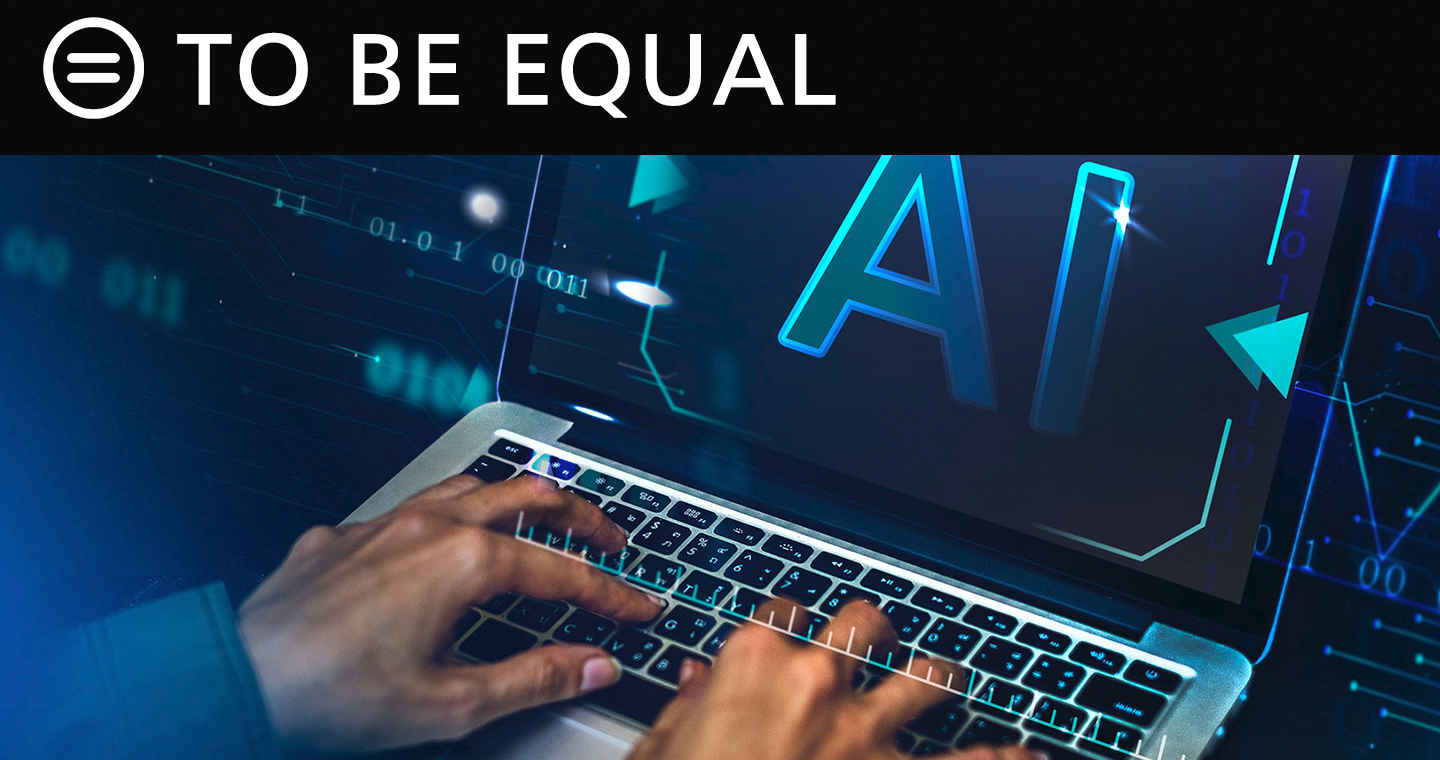Automation Threatens The Future Of Black Workers In America

Marc H. Morial
President and CEO
National Urban League
“Black America’s collective response to emerging technology will determine whether it is an opportunity – or an existential threat” – George H. Lambert, Jr., President and CEO, Greater Washington Urban League
A new report about the future of work in the United States casts a somber outlook about the effects of artificial intelligence on African-American employment – particularly for African-American men.
According to a recent headline: Artificial intelligence is slated to disrupt 4.5 million jobs for African Americans, who have a 10% greater likelihood of automation-based job loss than other workers.
The report, titled “The Future of Work in Black America,” was produced by the management consulting company McKinsey & Company.
African American men are over-represented in the jobs most likely to be lost, such as food services, retail workers, office support, and factory workers.
Many fast-food restaurants, for example, have implemented self-serve kiosks, reducing the need for workers at the counter. McDonalds has even acquired an artificial intelligence company focused on speech recognition which could displace workers on the drive-through lines.
African-American men also are under-represented in the jobs least likely to be lost to artificial intelligence. These include educators, health professionals, legal professionals and agricultural workers.
According to the report, “Only half of the top ten occupations that African Americans typically hold pay above the federal poverty guidelines for a family of four ($25,750), and all ten of those occupations fall below the median salary for a US worker ($52,000) (Exhibit 2). Many of these occupations are among the top 15 occupations most at risk of automation-based displacement and are also projected to affect young African American workers without a college degree.”
Geography plays a role, too. African Americans are underrepresented in the areas of the country where job growth is predicted to be the highest: places like Seattle, Washington; Sarasota, Florida, or South Bend, Indiana.
“Distressed americana showed negative net job growth from 2007 to 2017 and is projected to show negative job growth through 2030,” according to the report. “African Americans in these distressed areas may disproportionately feel the negative effects of impending economic and technological changes, see fewer new opportunities, and face additional challenges in transitioning to the economy of the future.”
The National Urban League addressed these concerns in our State of Black America® report, “Powering the Digital Revolution,” shining a spotlight on African Americans’ underrepresentation in the kind of jobs that are least likely to be displaced by artificial intelligence. We calculated a Digital Inclusion Index – a variation on our traditional Equality IndexTM that measures the relative economic an social status of Black Americans as compared to whites. We found a Digital Inclusion Index of 74.1 percent, with 100 representing true equality between Black and white Americans.
African Americans are far less likely than whites to be employed in social media and technology companies – less than 5% of the workforce, vs. more than 50% for whites. Less than 6% of total Black employment in 2017 was in the tech industry, vs. 8.5% for whites.
Black families continue to remain less likely than white families to have dedicated internet access at home, yet African Americans are the second-largest multicultural group, after Asian Americans, for mobile device ownership, with 91% owning smartphones. Black millennials are influential, leading users of mobile technology and platforms, and voracious consumers and creators of digital content, but lag behind in tech employment.
The McKinsey report included recommendations to avert a crisis, including:
- More economic investments into high-skilled jobs in cities and markets where blacks are currently overrepresented can directly pave a path of job stability.
- Mobility of black workers into new geographical markets with higher projected job growth.
- Focused initiatives by university/collegiate education to recruit and retain black students
- Financial investment into Historically Black Colleges and Universities (HBCUs)
- Employer investment in re-skilling programs and training courses can meaningfully help offset skill gaps among under-represented groups.
These recommendations reflect the long-standing positions of the Urban League Movement. Elected officials, business and community leaders and educational institutions must be mindful of the risk to the African American workforce and work together to insure that the job opportunities of the future are available to everyone.
42TBE 10/24/19 ▪ 80 Pine Street ▪ New York, NY 10005 ▪ (212) 558-5300
Connect with the National Urban League
Facebook: https://www.facebook.com/NatUrbanLeague
Twitter: https://twitter.com/naturbanleague
Instagram: https://www.instagram.com/naturbanleague
Website: https://www.NUL.org
Newsletter: http://bit.ly/SubscribeNUL
YouTube: http://bit.ly/YTSubNUL

